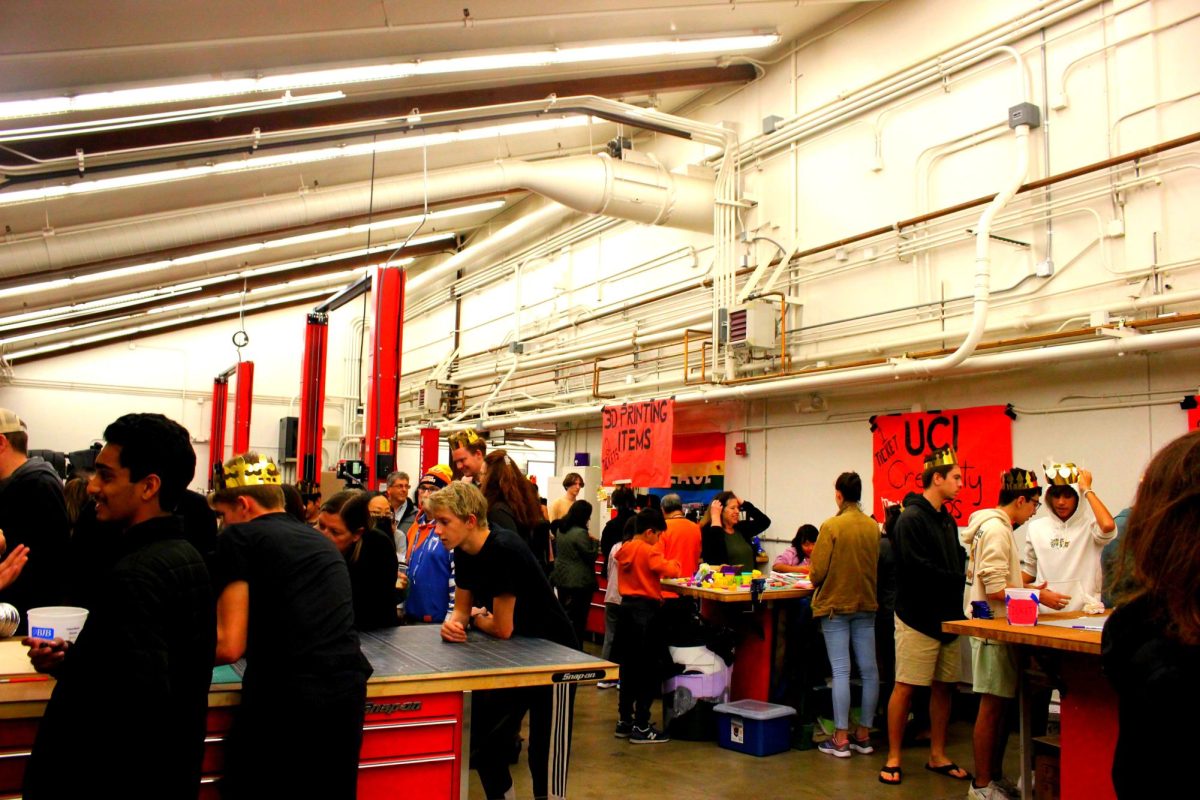In an age where it is becoming much harder to get accepted into the “dream school”, the affirmative action ban has made it increasingly harder for students of disadvantaged backgrounds to get in. Colleges need diversity in order to function at their highest potential. But it is a matter of what kind of affirmative action helps students the most.
Affirmative action is a policy that colleges or workplaces have that make an effort to include more people of disadvantaged backgrounds. This is extremely important because if there was no affirmative action an employer’s biases may limit people of specific backgrounds. Including this policy is a guarantee to a diverse environment.
As Woodbridge High English teacher, Tuyen Bui said, “If there was no need for affirmative action, at all meaning that everything was truly leveled, I’m talking about funding for the school, the local community, the quality of textbooks, and tutoring being included, you know then I would not care for affirmative action but until a lot of those equity issues are resolved. I think that ensuring that a small population of students who can access higher education would honestly benefit everyone.”
Even though there has been a proven need for a diverse workplace there has been a removal of affirmative action in colleges in California.
According to NPR News, “A quarter-century after California banned race-based admissions at public universities, school officials say they haven’t been able to meet their diversity and equity goals — despite more than a half billion dollars spent on outreach and alternative admissions standards.” This lack of the diversity needed can limit people from hearing other perspectives and stories.
As Bui later said, “I think as an Asian American first generation immigrant student I think that my hope is that I could benefit from sharing my experiences. I think students benefit from learning from my story.”
Without affirmative action colleges are not filled with the diversity it should be. This prevents college students and teachers from hearing from multiple different perspectives. This can lead to something called an echochamber. An echochamber is when surrounded by people with similar beliefs and values, one confirms their own beliefs as correct and may have trouble hearing or listening to other points of view.
This can be dangerous for people because they do not learn to empathize with others who have different experiences. But including diversity does not always mean including people of various races. In fact, race may not be the best way to level the playing field. Instead a better approach might be a socio economic approach.
As Woodbridge High sophomore, Navami Nambiar commented, “I think I would base [an affirmative action policy] off of economic status. I think that the people who struggle the most with getting a higher education are people who are economically challenged.”
This means that a college is required to admit a percentage of students of various economic backgrounds. This is much better at creating equal access because people of higher economic statuses may be able to afford tutors, sports practice, and any other extra curricular activities that may put their application above others.
As Woodbridge High counselor Ciara Ramirez said when asked about college application advice, “Think about what makes you unique and what you have done throughout your high school career. This can include extracurricular activities, volunteer work, internships, having a job, etc. This can be helpful when writing your personal statement.”
Although this is good advice, many people cannot afford many of these things that can make one “unique” and they do not deserve to be rejected because of it. Not all people of color struggle to get into college, but it is much more challenging if a student is not as financially secure. For higher education admissions, there needs to be equal access.
Students that come from economically disadvantaged backgrounds and succeed regardless are like “roses that grew from concrete” as Tupac Shakur famously wrote. Including policies that include struggling students is like helping the roses
flourish in rich soil instead of the cold hard concrete.
Nambiar later stated, “I wish that as a community we can weigh out all of the pros and cons to make the best decision for the general public instead of just doing what benefits the small few.” It is up to all of us to help all students first get to the soil so that they can grow and bloom to the best of their abilities.




